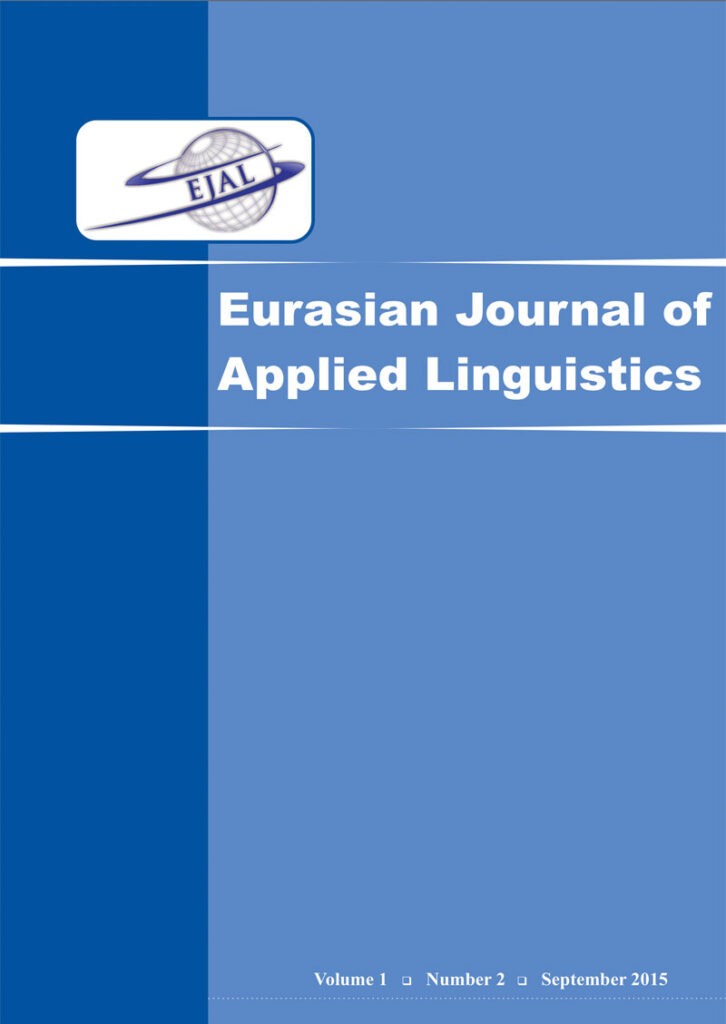Exploring Relations between Pre-Service English Teachers’ Psychological and Social Well-Being and their Perceptions of Positive Classroom Environment
Julide Inozu Cukurova UniversitySehnaz Sahinkarakas Cag UniversityKeywords: positive functioning, positive classroom environment, teacher well-being, psychological wellbeing, social well-being Abstract This paper reports on findings of a research study that sought to investigate the relationship between classroom environment and candidate teachers’ social and psychological wellbeing. Dimensions of psychological and social well-being models include constructs such as […]

